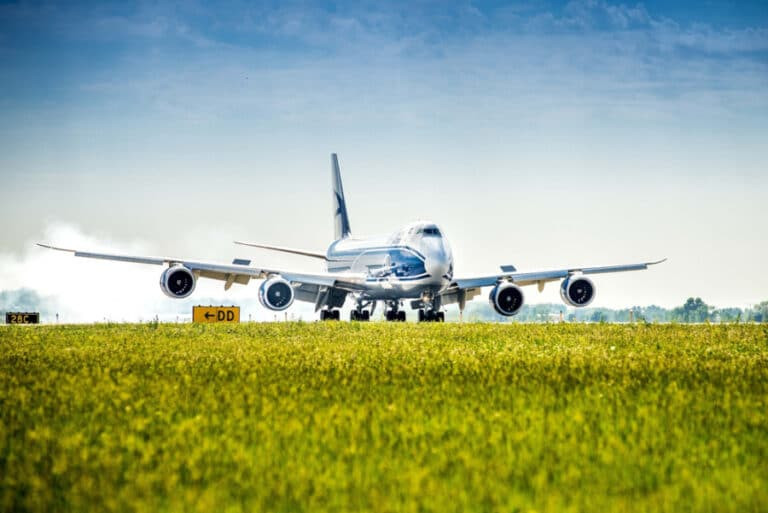The growing number of airlines refusing to carry certain lithium batteries is helping AirBridgeCargo (ABC) Airlines’ volumes rise in line with capacity, Volga-Dnepr Group senior vice president of sales and marketing, Robert van de Weg tells Air Cargo Week’s staff writer, James Muir.
ABC, which operates freighter aircraft only, has benefitted from the restrictions placed on UN3090 and UN3480 lithium ion batteries, banning them from carriage in the bellyhold of passenger aircraft.
Van de Weg comments the market has been stable, with traffic volumes rising by 25 per cent, in line with capacity growth. “Growth numbers, for transportation of certain lithium batteries (UN 3090/UN3480) are higher due to restrictions on transportation since 1 April, 2016 and refusal of a number of airlines from their carriage,” he explains.
ABC strictly complies with International Civil Aviation Organization (ICAO) and International Air Transport Association (IATA) Dangerous Good Regulations, and van de Weg says: “The airline has a special department that regulates dangerous goods transportation and controls the actions of ground agents’ participants to which it assigns its responsibilities.”
He adds: “When transporting lithium metal batteries such specialists check the documents of each shipment offered for transportation on ABC aircraft.”
ABC transports all types of dangerous goods permitted under ICAO Technical Instructions / IATA Dangerous Goods Regulations, and seen the amount of lithium batteries and equipment containing batteries growing.
“We have made a decision to proceed with transportation of all types of lithium batteries under ICAO TI/IATA DGR, therefore we will arrange procedures of approving the batteries, local restrictions for loading onto the aircraft,” he says.
Van de Weg tells ACW: “Due to obtaining the license for transportation of radioactive and divisible cargo, the number of packages containing radioactive materials has grown.”



